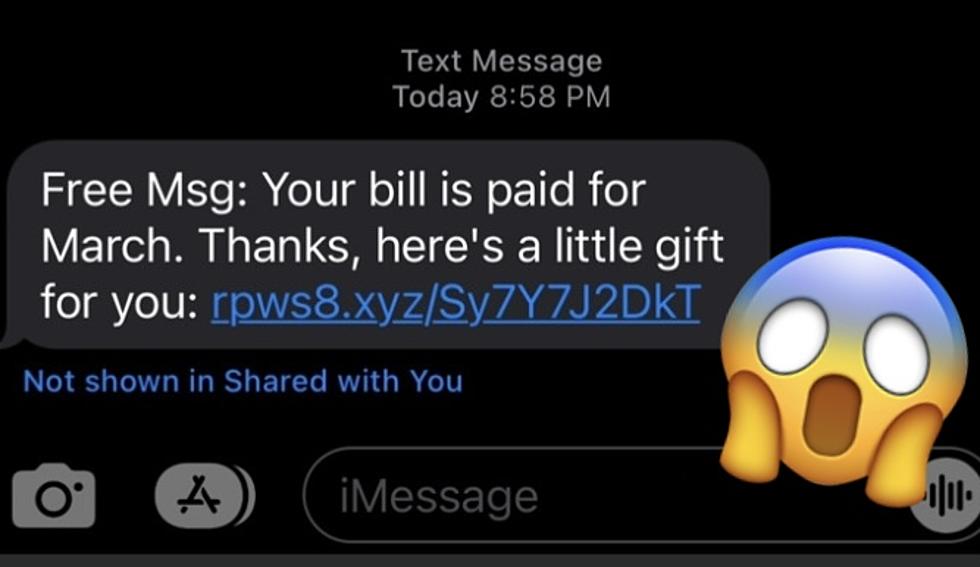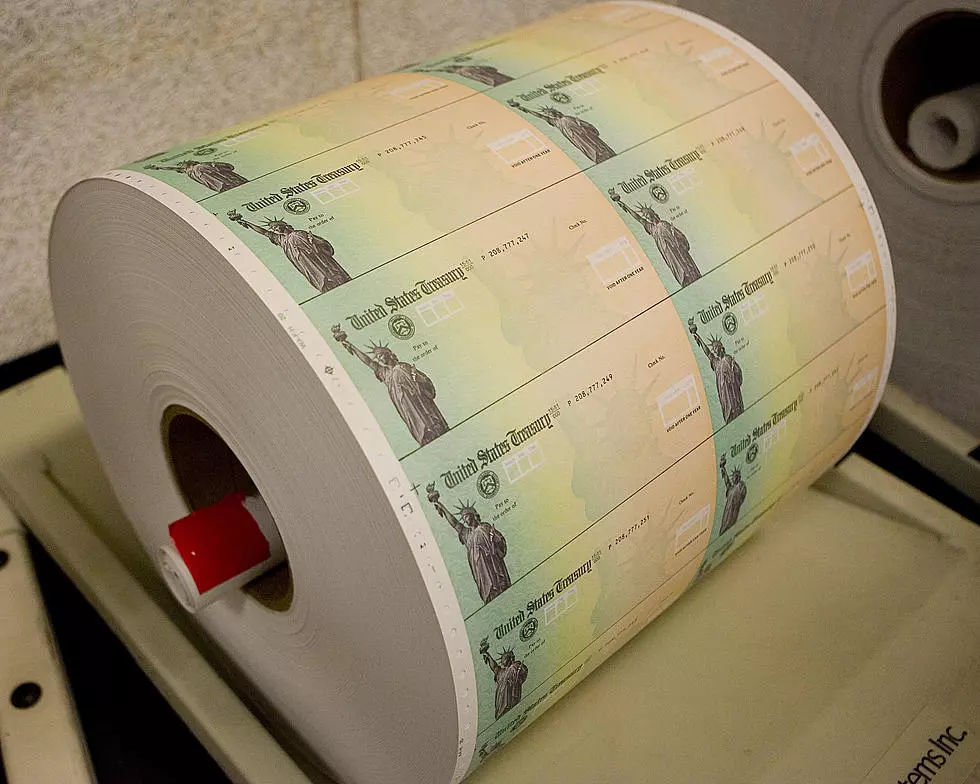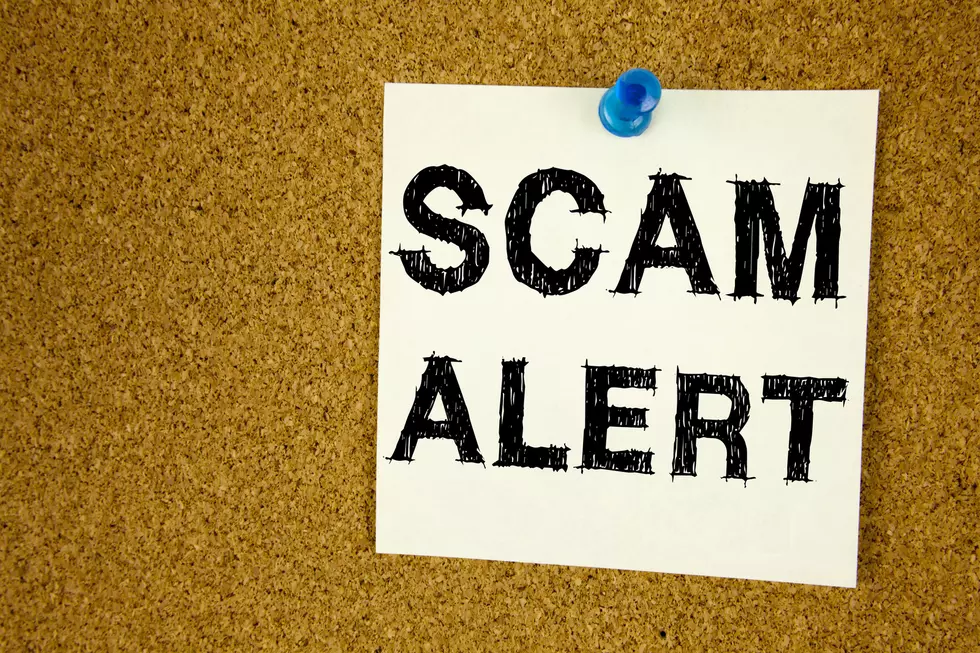
How To Avoid Stimulus Check Scammers
Scammers are horrible people, and they thrive on people who are both, confused and scared, making the current pandemic situation ideal for them.
One thing scammers are currently after are stimulus payments.
When combining confusion about how and when those checks are arriving is the perfect draw for scammers.
The Federal Trade Commission (FTC) has already gotten more than 18,000 complaints of fraudulent activity related to stimulus payments as of April 15th.
The government is unfortunately way too busy to contact you in any way to let you know your check is on the way.
So you should know that if anyone contacts you asking for personal information it’s likely someone trying to scam you.
Also, the stimulus payments aren’t officially called “stimulus checks” by the IRS—the official term is “economic impact payment.”
So beware of any email, call or text using the unofficial term—it’s a clue the message is not legit.
Other things to look out for: the IRS should be sending you a receipt for your payment in the mail 15 days after you get it (whether through direct deposit or as a paper check).
They won’t be contacting you in any other way, so make sure you get that letter after receiving your payment, if you get it before it’s a sign something could be amiss. And if you get suspicious for any reason let the FTC know about it on their complaint page.

More From 103.1 KKCN









